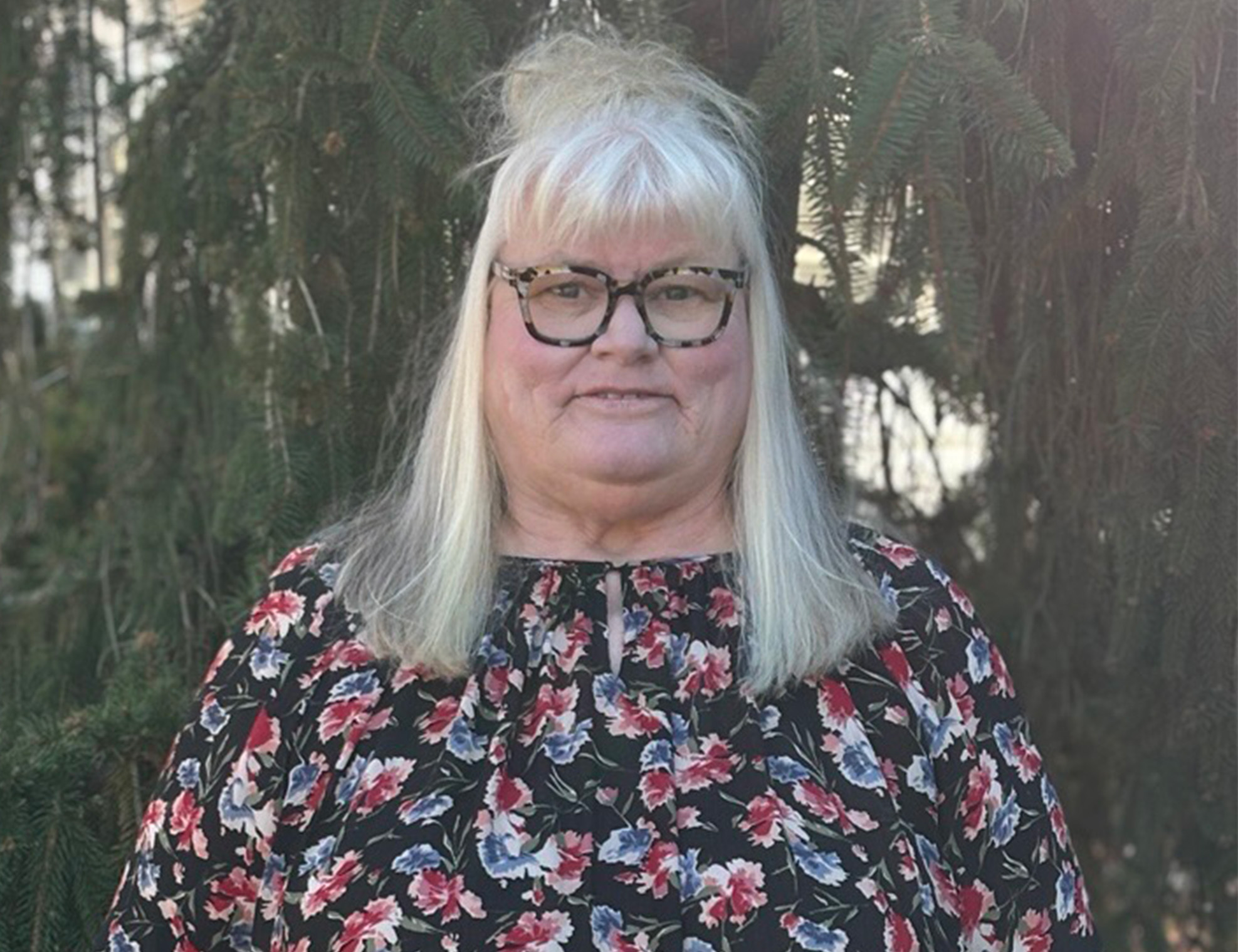
Experienced Customer Service Rep Is Problem-Solver

JANUARY 2026 – A few back-and-forth exchanges in a recent chain of emails about a billing issue were a few too many for Watco’s Missy Rains. The senior customer service representative for rail stepped in to provide a solution.
A customer of Watco’s Decatur & Eastern Railroad (DREI) had emailed Watco Customer Service to question charges being applied to a railcar. The Customer Service group always aims to be quick to resolve problems like this one. But in this instance, the answer wasn’t immediately apparent. As she monitored the emails, Rains took notice of the issue and dove in.
“She actually reached out to the customer on her own,” said DREI General Manager Nick Guinn. “She called the customer directly, asked them what they needed, and was able to provide the billing edits that they were asking for.”
The Customer Service team is all about handling railroad inquiries and any challenges that they encounter. “We have 47 railroads and have to know the intricacies of all of them,” said Director of Customer Service Tessa Shaw. It was Rains’ history with the DREI that helped her get to the heart of the matter. “With her tenure, she just felt confident that she was going to be able to do it,” Guinn said. “She knows the DREI because she’s been with us since startup in 2018. She knows the nuances.”
Some of the nuances familiar to Rains are the DREI’s agreements with Class I railroads for things like trackage rights. Guinn said that Rains’ institutional knowledge has repeatedly been critical in ensuring that the railcars showing on her computer screen as assembled, or blocked, for the DREI to take to a location reflected what she knew to be permissible in a contract. Guinn illustrated this with an example involving a large food processing plant in Decatur, Illinois.
“We have a trackage rights agreement to get to the plant via the CN track, but what comes with that are certain stipulations of what we can and can’t bring across that track — loaded cars being one of them, certain commodities out of the plant being another one. She has caught cars blocked to the plant that should have gone to the NS before we take them across (on CN track).”
“It costs the DREI a lot of money if we deliver to the plant and not to the NS,” said Shaw. Guinn estimates that over the years, Rains has helped his railroad avoid “tens of thousands if not hundreds of thousands of dollars” in penalties and other expenses due to catching misroutings.
DREI customers who’ve encountered Rains are fans. “I’ve had customers call and say, ‘I love dealing with her’ and ‘she’s absolutely great,’” said Guinn. “And that speaks volumes.”